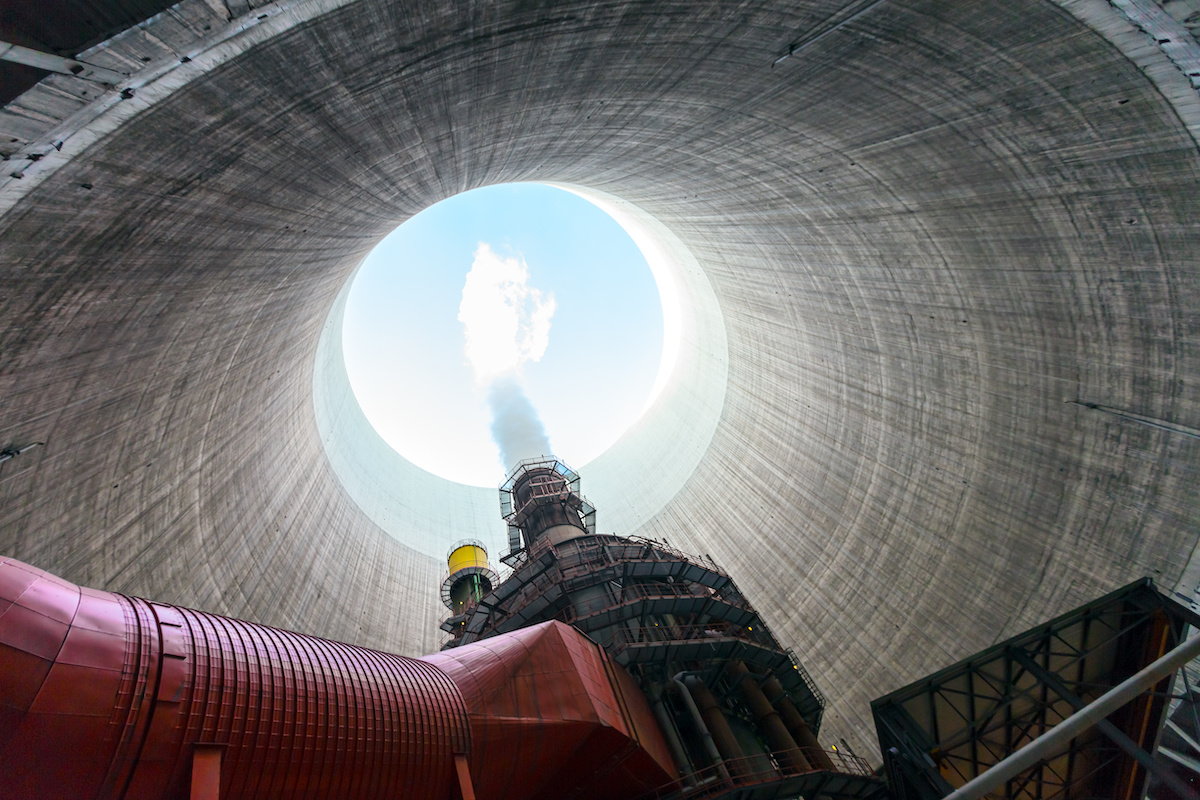Radiation Traces a Complex Path
Experts hesitate to predict where Fukushima’s radiation will go because its travel patterns are as mercurial as the weather and as complicated as the food chains along which they move.
Sign up for Big Think on Substack
The most surprising and impactful new stories delivered to your inbox every week, for free.
Evidence of radiation contamination from the nuclear reactor in Fukushima, Japan is showing up in milk and spinach, but scientists’ predictive capacities have been left wanting. “When and where radioactive contamination becomes a problem depends on a vast array of factors: the specific element released, which way the wind is blowing, whether rain will bring suspended radioactivity to earth, and what types of crops and animals are in an exposed area. Research related to the 1986 Chernobyl accident makes clear that for decades, scientists will be able to detect the presence of radioactive particles released by the crippled Japanese reactors thousands of miles away.”
Sign up for Big Think on Substack
The most surprising and impactful new stories delivered to your inbox every week, for free.




